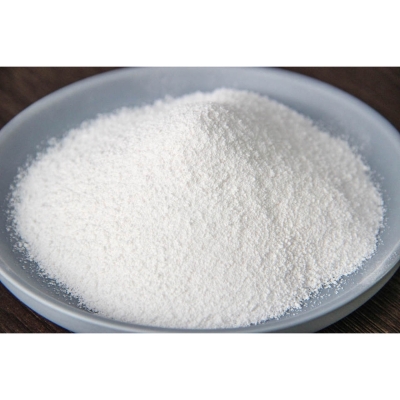-
Categories
-
Pharmaceutical Intermediates
-
Active Pharmaceutical Ingredients
-
Food Additives
- Industrial Coatings
- Agrochemicals
- Dyes and Pigments
- Surfactant
- Flavors and Fragrances
- Chemical Reagents
- Catalyst and Auxiliary
- Natural Products
- Inorganic Chemistry
-
Organic Chemistry
-
Biochemical Engineering
- Analytical Chemistry
-
Cosmetic Ingredient
- Water Treatment Chemical
-
Pharmaceutical Intermediates
Promotion
ECHEMI Mall
Wholesale
Weekly Price
Exhibition
News
-
Trade Service
The gut is the largest cellular ecosystem that helps the body obtain nutrients from the environment
It's fine for carnivores and herbivores, whose digestive systems are organized differently and have adapted to their special diets; but for omnivores with the most complex systems, how does the complex work of the small intestine work?
In a recent study published in Science, a research team led by Yale University and the Howard Hughes Medical Institute (HHMI) illustrates the central role of the gut immune system in these critical processes: not only to defend against pathogens, but also regulate the intake of nutrients
The task of balancing nutrient absorption and host defense function in the small intestine is extraordinarily difficult for omnivores because diets change on a daily, seasonal and developmental time scale
In this study, researchers investigated how enzymes and transporters involved in macronutrient digestion and absorption are regulated with diet
Previous studies on intestinal defense against parasites and microbial pathogens have shown that interactions between intestinal epithelial cells and lymphocytes coordinate tissue responses to intestinal infections
The researchers found that mice fed a high-carbohydrate diet showed changes in the frequency of specific intestinal epithelial cell subsets
The researchers also discovered that a specific immune system signaling molecule called interleukin-22 (IL-22) plays a key role in fighting bacterial pathogens, such as those that cause food poisoning
In a series of experiments, the researchers found that γδ T cells suppressed IL-22 expression in mice and caused epithelial cells to activate digestive enzymes and nutrient transporters
This new study demonstrates the role of gut lymphocytes in regulating tissue responses to dietary nutrients and shows that lymphocyte-epithelial circuits and epithelial remodeling represent general features of gut adaptation to environmental changes
In addition, since bacterial infection leads to the expression of IL-22 and inhibits nutrient absorption, the findings also provide new insights into undernutrition in some underdeveloped populations, as well as for developing strategies to combat high-risk metabolic diseases such as obesity and diabetes.
(Source: China Biotechnology Network)
"China Food News" (03 edition on March 24, 2021)
(Editor-in-charge: Zhou Yan)







